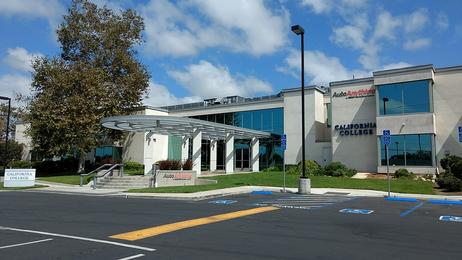Students interested in pursuing higher education are often counseled to look for an accredited college or university. However, accreditation cannot be taken for granted for many community colleges in California. Many two-year schools around the state are at risk of losing their accreditation. They must show why their accreditation should remain intact or lose it altogether. Why is accreditation essential, and what must colleges do to keep it? Many California schools are learning the answers to those questions firsthand.
The Importance of Accreditation
According to the Accrediting Council for Independent Colleges and Schools website, accreditation is a “voluntary activity initiated by the institution” that “emphasizes quality assurance and a commitment to continuous quality enhancement.” Accreditation can be crucial to an institution because it plays a factor in the following:
- Determining whether the school meets minimum quality standards
- Providing potential students with important information about a school
- Assisting in the determination of credit transfers between schools
- Showing prospective employers the value of the education received at the school
- Evaluating eligibility for tuition reimbursement programs offered by employers
- Enabling graduates to sit for certification examinations
- Creating goals for self-improvement of the institution
- Providing self-assessment for the oversight functions required by the state
- Offering a basis for determining federal student assistance
In many of these factors, accreditation makes all the difference in the quality of the degree a student earns and where he can take his studies after graduation. Accreditation is typically judged according to established standards and may be granted for a variable term ranging





















